Celebrating Black Excellence: The Rich Tapestry of Black History Month
As February unfolds, the world turns its gaze towards a month of profound significance and reflection – Black History Month. This annual observance, originating in the United States, has grown into a global recognition of the historical achievements, struggles, and cultural contributions of Black individuals. Black History Month invites us to embark on a journey that delves into the depths of resilience, courage, and triumph that define the Black experience. From trailblazing leaders and activists to groundbreaking artists and thinkers, this month provides a platform to honor and celebrate the indelible mark that Black individuals have left on the tapestry of history. In this exploration, we unravel the origins, significance, and contemporary relevance of Black History Month, shedding light on the remarkable stories that deserve not just a month but a perpetual place in the spotlight.
The Origins of Black History Month: A Journey Through Time:

The roots of Black History Month can be traced back to the pioneering efforts of Dr. Carter G. Woodson, often hailed as the 'Father of Black History.' In 1926, Dr. Woodson, along with the Association for the Study of Negro Life and History, designated the second week of February as 'Negro History Week' to coincide with the birthdays of Abraham Lincoln and Frederick Douglass. The week aimed to highlight the often-overlooked contributions of Black Americans to the nation's history.
The idea of a dedicated week gradually evolved into a month-long celebration. In 1976, as part of the United States' bicentennial, President Gerald Ford officially recognized February as Black History Month. This acknowledgment marked a crucial step in institutionalizing the observance, cementing its significance in American culture.
The Significance of February: A Symbolic Timeline:
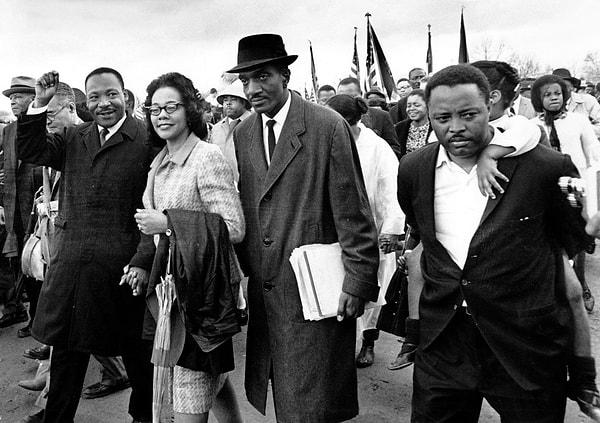
Choosing February for Black History Month was a deliberate and symbolic decision. Abraham Lincoln, the 16th President of the United States, was born on February 12, and Frederick Douglass, a prominent abolitionist and social reformer, on February 14. The juxtaposition of these two birthdays encapsulates the dichotomy of America's journey towards freedom and equality.
Lincoln, the architect of the Emancipation Proclamation, represents the nation's commitment to ending slavery, while Douglass, a former enslaved person turned influential advocate, embodies the resilience and tenacity of Black individuals striving for justice. February thus becomes a canvas upon which the contrasting threads of oppression and liberation, discrimination and empowerment, are woven into the narrative of Black history.
Themes and Commemoration: Navigating the Mosaic of Black Excellence:
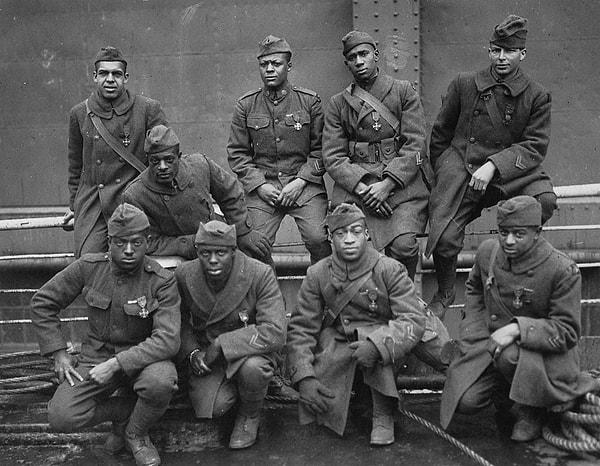
Each year, Black History Month adopts a thematic approach, providing a focal point for discussions, events, and educational initiatives. Themes often revolve around highlighting specific aspects of Black history, acknowledging pivotal figures, or addressing contemporary issues within the Black community.
Themes such as 'Black Health and Wellness,' 'African Americans in Times of War,' and 'The Black Family: Representation, Identity, and Diversity' have been explored in recent years. These thematic explorations serve as a catalyst for critical conversations, inviting people of all backgrounds to engage with and understand the multifaceted dimensions of Black history.
Key Figures: Shaping History, Inspiring Generations:
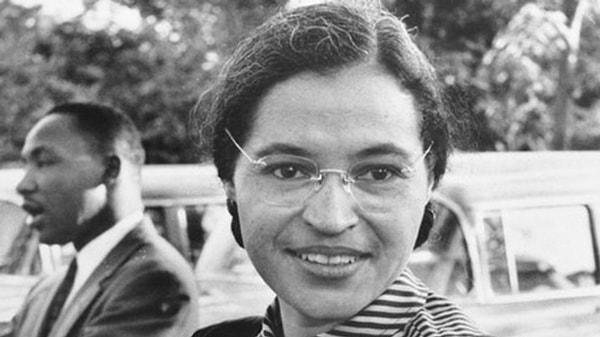
The annals of Black history are replete with luminaries whose contributions have reverberated through time, leaving an indelible mark on various fields. From civil rights leaders and political trailblazers to cultural icons and artistic visionaries, Black individuals have shaped the trajectory of history in profound ways.
Martin Luther King Jr.: A central figure in the American Civil Rights Movement, Dr. King advocated for nonviolent protest and played a pivotal role in the fight against racial segregation.
Rosa Parks: Often hailed as the 'Mother of the Civil Rights Movement,' Parks catalyzed change by refusing to give up her bus seat to a white man, sparking the Montgomery Bus Boycott.
Maya Angelou: A renowned poet, author, and civil rights activist, Angelou's works, including 'I Know Why the Caged Bird Sings,' continue to inspire and resonate.
Thurgood Marshall: The first African American Supreme Court Justice, Marshall's legal prowess and dedication to civil rights had a transformative impact on American jurisprudence.
Barack Obama: Making history as the first African American President of the United States, Obama's presidency symbolized progress while inspiring hope for a more inclusive future.
Nina Simone: A trailblazing musician and civil rights activist, Simone's soulful compositions served as anthems for the movement, blending artistry with activism.
Malcolm X: A charismatic and controversial figure, Malcolm X advocated for Black empowerment through his role in the Nation of Islam, leaving an enduring legacy.
Cultural Contributions: Nurturing Artistic and Intellectual Flourish:
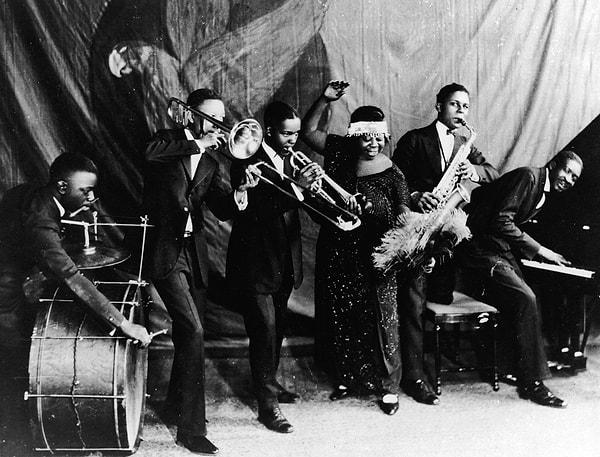
Black history is also a testament to the profound impact of Black culture on the arts, literature, music, and intellectual discourse. From the Harlem Renaissance, a cultural and artistic explosion in the 1920s, to the contemporary global influence of Black artists, the cultural landscape has been enriched by the creative expressions of the Black community.
Langston Hughes: A leading figure of the Harlem Renaissance, Hughes's poetry and essays explored the complexities of Black identity and experience.
Jazz and Blues Icons: Musicians like Louis Armstrong, Duke Ellington, Bessie Smith, and Miles Davis pioneered jazz and blues, shaping the course of music history.
Toni Morrison: A Nobel Prize-winning author, Morrison's novels, such as 'Beloved' and 'Song of Solomon,' delve into the complexities of African American life.
- August Wilson: Playwright August Wilson's powerful works, including 'Fences' and 'The Piano Lesson,' illuminate the African American experience and have garnered Pulitzer Prizes.
- Kerry James Marshall: A contemporary visual artist, Marshall's paintings explore the Black experience, challenging artistic norms and expanding representation.
Contemporary Relevance: Elevating the Conversation:
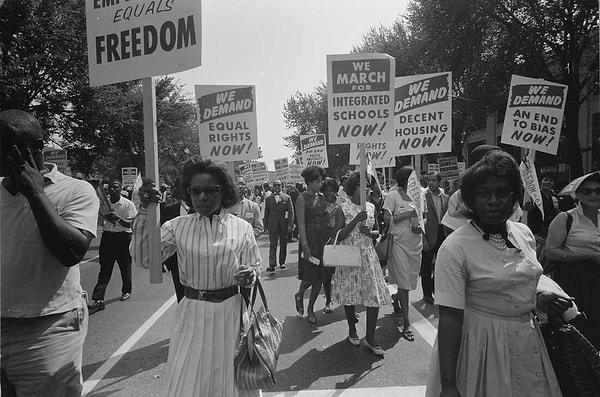
While Black History Month serves as a dedicated period for reflection, education, and celebration, its significance extends far beyond February. The ongoing fight for racial equality, social justice, and dismantling systemic barriers underscores the relevance of Black history throughout the year. Acknowledging and appreciating Black history should be an ongoing commitment woven into the fabric of societal consciousness.
1. Social Activism and Advocacy:
Black History Month prompts a renewed focus on contemporary issues affecting the Black community. Movements like Black Lives Matter, which gained global prominence, exemplify the ongoing struggle against systemic racism, police brutality, and the quest for justice and equality. Activists and advocates work tirelessly to amplify voices, challenge oppressive systems, and foster a more inclusive society.
2. Education and Awareness:
Educational institutions leverage Black History Month to incorporate diverse perspectives into curricula, fostering a more comprehensive understanding of history. This extends beyond acknowledging key figures to exploring the nuanced narratives of everyday individuals who have contributed significantly to various fields.
3. Celebrating Diversity:
Black history is not a monolithic narrative but a rich tapestry woven from diverse experiences, cultures, and identities. Black History Month encourages the celebration of this diversity, recognizing that within the broader category of 'Black,' there exists a myriad of ethnicities, traditions, and histories.
4. Intersectionality:
The intersectionality of identities is a crucial aspect of Black history that is increasingly recognized. Black women, LGBTQ+ individuals, and those at the crossroads of multiple identities have played integral roles in shaping history. Black History Month provides an opportunity to explore and celebrate these intersections, acknowledging the multifaceted nature of the Black experience.
5. Cultural Appreciation:
The impact of Black culture is global and pervasive. From language and fashion to music and cuisine, the world has been enriched by the contributions of the Black community. Black History Month invites individuals to delve into this cultural tapestry, fostering appreciation and understanding.
A Call for Continuous Reflection and Action:
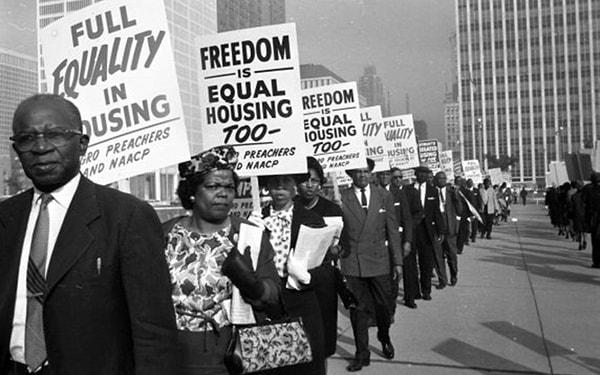
As Black History Month unfolds, it beckons us to reflect on the interconnectedness of past, present, and future. It is not merely a retrospective but a dynamic exploration that informs our understanding of the world we inhabit. The stories of resilience, triumph, and cultural richness encapsulated within Black history are not confined to a single month; they are narratives that reverberate through time.
Beyond February, it becomes our collective responsibility to integrate these narratives into everyday conversations, education, and societal structures. By embracing the diversity and complexity of Black history, we contribute to a more inclusive and equitable future. Black excellence, in all its forms, deserves recognition not just during a designated month but as an integral part of the human story.
In commemorating Black History Month, we acknowledge the indomitable spirit that has shaped and continues to shape the world. It is a celebration of strength, creativity, and resilience that transcends temporal boundaries, inviting everyone to be active participants in the ongoing narrative of progress, justice, and unity.
Keşfet ile ziyaret ettiğin tüm kategorileri tek akışta gör!


Send Comment